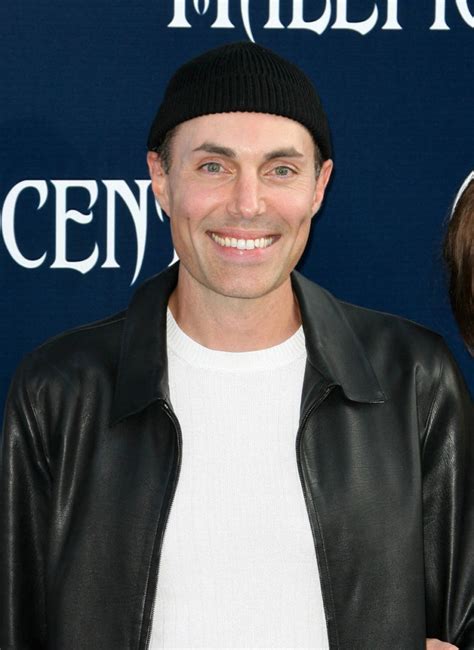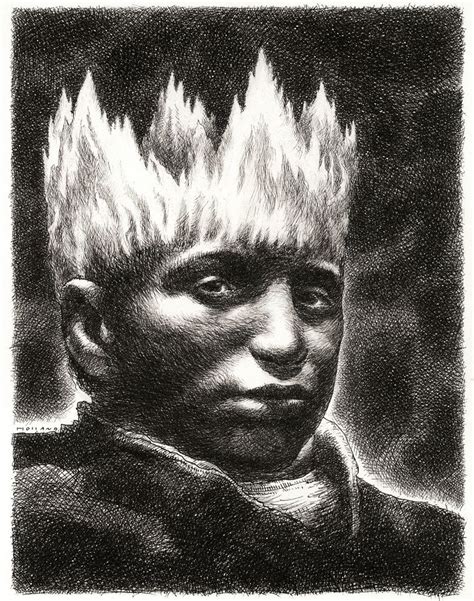A Quote by David Foster Wallace
Postmodern irony and cynicism's become an end in itself, a measure of hip sophistication and literary savvy. Few artists dare to try to talk about ways of working toward redeeming what's wrong, because they'll look sentimental and naive to all the weary ironists. Irony's gone from liberating to enslaving. ... The postmodern founders' patricidal work was great, but patricide produces orphans, and no amount of revelry can make up for the fact that writers my age have been literary orphans throughout our formative years.
Quote Topics
About
Age
Amount
Artists
Because
Become
Been
Cynicism
Dare
Dare To Try
End
Fact
Few
Formative
Formative Years
Founders
Gone
Great
Hip
Irony
Itself
Liberating
Literary
Look
Make
Make Up
Measure
Naive
Orphans
Our
Postmodern
Produces
Redeeming
Revelry
Savvy
Sentimental
Sophistication
Talk
Throughout
Toward
Try
Up
Ways
Weary
Work
Working
Writers
Wrong
Years
Related Quotes
Whereas modern cynicism brought despair about the ability of the human species to realize laudable ideals, postmodern cynicism doesn't — not because it's optimistic, but because it can't take ideals seriously in the first place. The prevailing attitude is Absurdism. A postmodern magazine may be irreverent, but not bitterly irreverent, for it's not purposefully irreverent; its aim is indiscriminate, because everyone is equally ridiculous. And anyway, there's no moral basis for passing judgment. Just sit back and enjoy the show.
The postmodern reply to the modern consists of recognizing that the past, since it cannot really be destroyed, because its destruction leads to silence, must be revisited: but with irony, not innocently. I think of the postmodern attitude as that of a man who loves a very cultivated woman and knows he cannot say to her, I love you madly, because he knows that she knows (and that she knows that he knows) that these words have already been written by Barbara Cartland. Still, there is a solution. He can say, As Barbara Cartland would put it, I love you madly.
And make no mistake: irony tyrannizes us. The reason why our pervasive cultural irony is at once so powerful and so unsatisfying is that an ironist is impossible to pin down. All U.S. irony is based on an implicit "I don’t really mean what I’m saying." So what does irony as a cultural norm mean to say? That it’s impossible to mean what you say? That maybe it’s too bad it’s impossible, but wake up and smell the coffee already? Most likely, I think, today’s irony ends up saying: "How totally banal of you to ask what I really mean.
It is the specialist's task to talk about means, about centimeters. An artist's task is to talk about the goal, about kilometers, thousands of kilometers. The organizing role of art consists of infecting the reader, of arousing him with pathos or irony -- the cathode and anode in literature. But irony that is measured in centimeters is pathetic, and centimeter-sized pathos is ridiculous. No one can be carried away by it. To stir the reader, the artist must speak not of means but of ends, of the great goal toward which mankind is moving.
My literary criticism has become less specifically academic. I was really writing literary history in The New Poetic, but my general practice of writing literary criticism is pretty much what it always has been. And there has always been a strong connection between being a writer - I feel as though I know what it feels like inside and I can say I've experienced similar problems and solutions from the inside. And I think that's a great advantage as a critic, because you know what the writer is feeling.





































